Final Grade Calculator
Calculate Current Grade
Enter your grades and their weights to calculate your current overall grade.
Current Grade Result
Based on the entered grades and weights.
Final Exam Calculator
Calculate what grade you need on your final exam to reach your target course grade.
Your grade before the final exam
How much the final exam is worth
The grade you want in the course
Final Exam Grade Needed
To achieve your desired course grade.
Grade Goal Calculator
Calculate what final grade you'll get based on your expected final exam score.
Your grade before the final exam
How much the final exam is worth
Your expected score on the final exam
Final Course Grade
Based on your current grade and expected final exam score.
Grading Scale Reference
| Letter Grade | Percentage Range | GPA |
|---|---|---|
| A | 90-100% | 4.0 |
| B | 80-89% | 3.0 |
| C | 70-79% | 2.0 |
| D | 60-69% | 1.0 |
| F | 0-59% | 0.0 |
Guide to Using the Grade Calculator
Are you wondering how you're doing in school but don't know how to figure it out? In today's world, knowing your academic standing is key for planning your future. It helps you make smart choices about your studies.
An online grade calculator is a great tool for this. It lets students see how they're doing and make smart plans for their studies.
This article will talk about why a grade calculator is important in school. We'll see how it helps students understand their grades and plan for the future.
Key Takeaways:
- Understanding the role of an online grade calculator in assessing academic performance.
- How to use a grade calculator to plan future academic strategies.
- The benefits of accurately determining your academic standing.
- Tips for maximizing the use of an academic calculator.
- Common mistakes to avoid when using a grade calculator.
Understanding Grade Calculation Fundamentals
To succeed in school, knowing how to calculate grades is key. Grade calculation helps students see how they're doing and set goals. A grade calculator or grading tool makes this easier, giving precise results and saving time.
The Importance of Accurate Grade Calculation
Getting grades right is crucial for students. It affects their grades and future chances. A reliable grade calculator or gpa calculator ensures grades are correct. This gives students a clear view of their academic status.
Common Grading Systems in the UK
In the UK, there are several grading systems. The most common are letter grades and percentage systems.
Letter Grade Systems
Letter grades range from A to F, with A being the top. This system is common in universities and colleges. Here's what each grade means:
- A: 90% and above
- B: 80-89%
- C: 70-79%
- D: 60-69%
- F: 0-59%
Percentage-Based Systems
Percentage systems show a student's score directly as a percentage. This is often used in schools and for specific assignments.
Key Terminology in Grade Calculation
Knowing important terms is vital when using a grading tool. Some key terms are:
- GPA (Grade Point Average): The average grade point of a student.
- CGPA (Cumulative Grade Point Average): The overall GPA over several semesters or years.
- Weighted Grade: A grade that counts more because of its higher credit value or difficulty.
How to Use a Grade Calculator Effectively
To get the most out of a student grade calculator, it's key to know how to use it right. It helps students keep track of their grades and guess their final scores.
Step-by-Step Guide to Basic Grade Calculation
The first thing is to collect all your grades. This includes scores from quizzes, assignments, exams, and more.
Gathering Your Assessment Scores
Getting all your scores is vital. It's what the calculator needs to give you a correct grade. Make sure you have scores for every assessment, or you'll get wrong results.
Determining Assessment Weightings
Knowing how much each assessment counts is also important. For example, a final exam might be 40% of your grade, while weekly assignments are 20%.
Common Mistakes to Avoid
When using an exam result calculator, watch out for these mistakes:
- Entering scores wrong.
- Not using the right weights for each assessment.
- Not updating scores when new ones come in.
Interpreting Your Calculated Results
After using a grade calculator online, it's important to understand what your results mean. Your grade can show how you're doing and where you need to work harder.
By following these steps and avoiding common mistakes, you can use a grade calculator well. This helps you calculate grades online and keep up with your school work.
Conclusion: Making the Most of Your Grade Calculator
Knowing your grades is key for students to keep track of their school work. A Grade Calculator makes it easy to figure out your grades online. This way, you can always know how you're doing in school.
We've talked about how to calculate grades, from the basics to using a Grade Calculator. We've also covered how to switch between different grading systems. Plus, we've looked at how to calculate GPA and CGPA, and how to guess your final grades and boost your GPA.
Using these tools and tips, you can make smart choices about your school path. You can set goals and find ways to do better in school. Whether you're in the UK or somewhere else, knowing how to use a Grade Calculator can really help you succeed.
